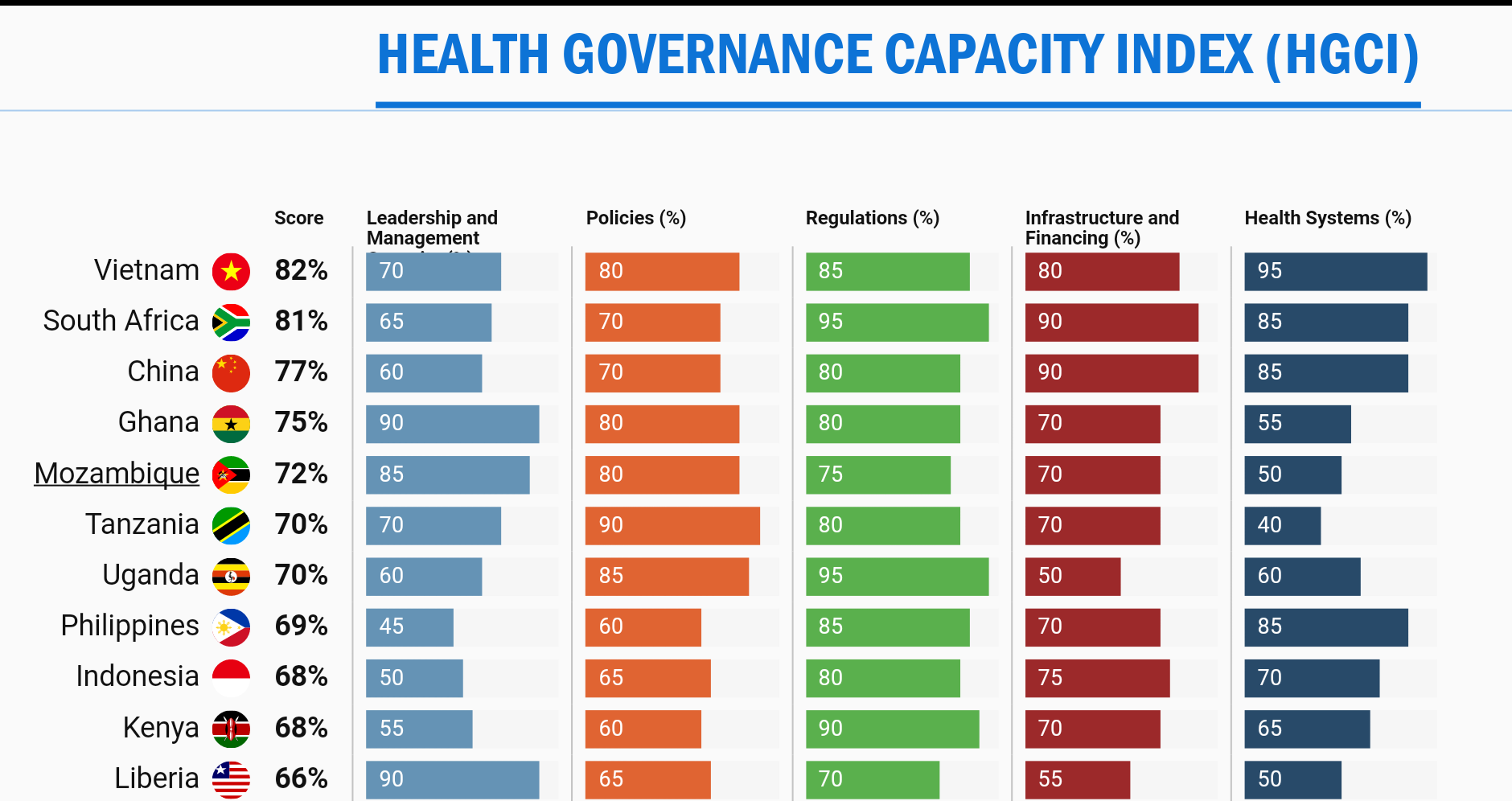A report, “Health Governance Capacity: Enhancing Private Sector Investment in Global Health” (No. 1. March 2017) ranks Ghana, together with three other countries: Vietnam, South Africa and China highest on health governance – a potential to help attract private sector investment in health research and development.
The report, first in a series of planned publications under the Brookings Private Sector Global Health R&D Project, was launched in 2016. Brooking Private Sector Global Health R&D Project of the Brookings Institution – an American International Think Tank conducts research and education in the social sciences in the following fields: economics, metropolitan policy, governance, foreign policy and development.
The report examined the quality of healthcare governance in a set of low- and middle-income countries in light of management capacity, regulatory processes, health infrastructure, and policy conditions in sub-Saharan Africa and Asia. The report argues, “good governance is a foundational condition for global health investment and that it conditions the overall environment in which both public and private sector health investment takes place”.
The report underscores the challenges that bedevil Global Health – in developing countries this challenge coupled with a complex set of factors impede development, deployment, and affordability of medications, vaccines, and diagnostic tests; thus, the need for investors and pharmaceutical companies to raise investment in global health research and development.
Global Health is the area of study, research and practice that places a priority on improving health and achieving equity in health for all people worldwide. The report argues that health correlates positively with happiness, productivity and an improved sense of personal well-being. In addition, health is a human right and upholding demands that a nation’s institutions must respond to the health needs of the citizenry.
It’s in this vein, that a health governance capacity of all nations becomes an opportunity for the examination of health and governance. The report defines health governance as, “the ability of a nation’s institutions to implement health policies, provide medical services, allocate resources efficiently and help countries respond to global health crises.
Health governance is seen in five different dimensions: health management capacity, policies, regulations, infrastructure and financing and health systems. On the basis of these dimensions, the report declares: “Ghana meanwhile performed the strongest on Leadership and Management Capacity. It further states that, based on the available data, the country is doing an excellent job of harnessing its aid and foreign investment flows while maintaining strong institutions quality as measured by the political stability index, rule of law and regulatory quality”. Leadership and management capacity is the first aspect of health management capacity – an aspect that is directly linked with good governance.
In determining the criteria for the eighteen countries the report considered geographical diversity, opportunities to improve health outcomes and large population. Aside this, a compilation of twenty five aspects of health governance data was considered in these countries: Bangladesh, China, Democratic Republic of Congo, Nigeria, Tanzania, Uganda, India, Ghana, Ethiopia, Sierra Leone, Mozambique, Kenya, South Africa, Vietnam, Indonesia, Philippines, Liberia and Pakistan.
